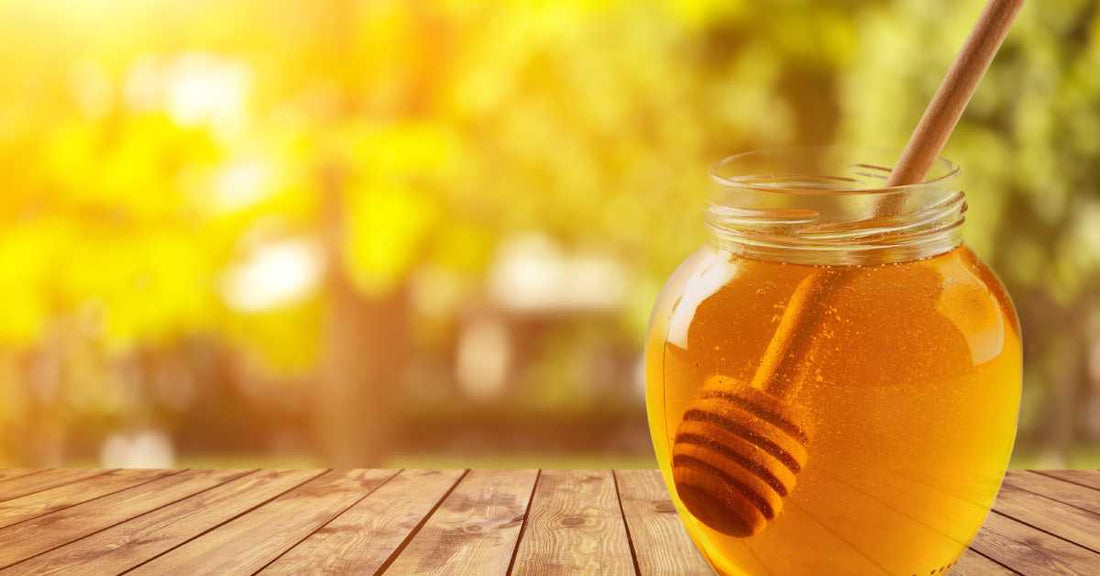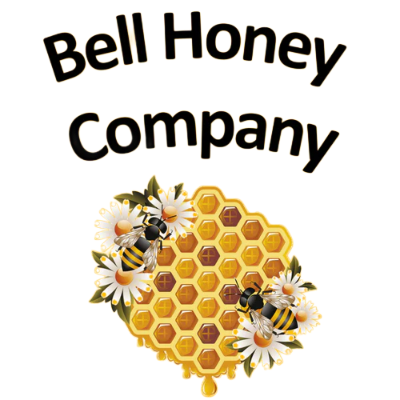
Is Honey the Prebiotic Supplement You Need?
Share
Honey is so much more than a sweet addition to your food and drinks. While delicious, it’s also nutritious, which is something people have known since ancient times. Packed with antioxidants, vitamins, minerals, and other nutrients, honey provides all sorts of good stuff to make bodies stronger. What you might not know is that honey is also a prebiotic—an aid in promoting gut health.
You’ve probably heard the term “gut health” somewhere. It refers to the well-being of an individual’s digestive system. Specifically, it covers that system’s ability to break down food, absorb nutrients, and eliminate waste products. The digestive system also houses trillions of microorganisms, some of which aid in the digestive system’s functions.
Some foods help with gut health by keeping things working and making beneficial microorganisms happy and healthy. So is honey the prebiotic supplement you need? Read on to learn more about this incredible food and how it can transform your health routine.
What Makes Honey a Prebiotic?
As we stated, prebiotics are substances that feed the beneficial bacteria and other organisms living in your stomach and intestines. Honey fits the bill as a perfect prebiotic because it contains specific compounds, such as oligosaccharides and polyphenols, that encourage the growth of healthy gut bacteria, like Bifidobacteria and Lactobacilli.
Not all honey is the same, however. Raw honey sweetens your food and drink while nurturing the delicate bacterial balance in your gut. It is especially rich in the above compounds because it’s untreated and contains no additional or artificial materials. Pasteurization—a common process for commercial brands—destroys the enzymes and nutrients that give honey its health benefits.

Other Honey Health Benefits
As a prebiotic, honey is clearly terrific, but the substance’s benefits don’t end there. Honey is a nutritional powerhouse. Here’s more detail about how honey promotes health and well-being.
High Antioxidant Content
Antioxidants are necessary to fight free radicals and oxidative stress, which damage the body in various ways. Raw honey’s antioxidants include flavonoids and phenolic acids. These help combat heart disease, diabetes, and other chronic conditions. In short, honey’s antioxidants are good additions to a balanced diet.
Natural Antibacterial Properties
Ever thought of covering a minor wound with honey? It’s not as ridiculous as it sounds! Applying honey topically is an ancient method of wound care. Even people long ago figured out that wounds were less likely to become infected under a soothing layer of honey. That’s because honey is both antibacterial and antifungal. It contains the enzyme glucose oxidase, which produces hydrogen peroxide, often used to fight bacterial infections. Therefore, honey applications improve the healing of minor cuts, burns, and other basic injuries.
Sore Throat and Cough Relief
When you get sick, especially with a cold, do you prepare a hot mug of honeyed tea? That’s not just a folk remedy. Honey is very effective in making sore throats feel better as well as cutting down on hacking and coughing. Once again, its antimicrobial properties make it an excellent ally for providing soothing relief.
Energy Boost
Like all types of sugar, honey is a simple carbohydrate that can provide an immediate energy boost without weighing down your stomach. However, unlike energy drinks and similar products filled with refined sugar and corn syrup, honey outperforms by supplying more carbohydrates and the aforementioned nutritional benefits. That’s why many athletes rely on honey as a pre-workout or recovery snack.

How To Use Honey as a Prebiotic
With all this in mind, honey’s place as a wellness superstar should be clearer now. Need a few ideas to help incorporate honey into your life and diet? Here are some tips and tricks for adding it to your daily meals and snacks.
Begin With Raw Honey
Given a choice between processed and unprocessed honey, always opt for raw, unfiltered honey. This maximizes its health benefits. As we mentioned above, pasteurizing honey kills its enzymes, antioxidants, and prebiotic compounds. While milk is pasteurized to destroy harmful bacteria, honey is pasteurized to prevent crystallization and to extend its shelf life. Unpasteurized honey is more effective than pasteurized honey in terms of health.
Use It as a Sweetener
Sweeting things is the most basic use of honey. Swap honey for white sugar to get the same deliciousness with more benefits. Best with teas, smoothies, and similar beverages, honey is a delightful way to take in those prebiotic compounds.
Drizzle It on Nourishing Foods
Drizzle honey over yogurt, cereal, oatmeal, granola, and similar healthy treats and foods.
Experiment With Salad Dressings
When intermingling with vinegars, oils, and seasonings, honey makes for piquant and powerful dressings on fruit and vegetable salads. The floral and earthy elements of the honey add an incredible base to the dressing’s other ingredients.
Myths About Honey
Here are a few remaining facts about honey to close the deal!
Myth 1: All Honey Is the Same
Not at all. Different types of honey come from different bees harvesting different types of nectar. The various nectars help produce an incredible variety of flavors and colors in honor. You’ll never run out of flavorful options.
Myth 2: Honey Is Just Another Sugar
Both are sweeteners and share the same kind of sugars, but honey is more nutritious since it contains other nutrients, vitamins, and minerals. Table sugar is usually highly processed and contains minimal nutrients.
Myth 3: Eating Honey Will Ruin Your Diet
It is possible to have too much of a good thing. However, when eaten in moderation, honey complements most diets and does not contribute to weight gain.
After learning about honey and all its benefits—prebiotic and otherwise—it’s clear that this substance could be the prebiotic supplement you need. Because of its wonderful effects, honey has found a place in holistic health circles as a natural prebiotic supplement. Remember, however, to maintain a balanced diet along with your honey consumption to aid gut health, raise energy levels, and feel better overall.
Your gut plays an incredible role in supporting your immune function and general health. If you’re ready to give honey’s prebiotic qualities a try, we at Bell Honey offer an assortment of raw honey for sale. Contact us today to sweeten and fortify your diet!
